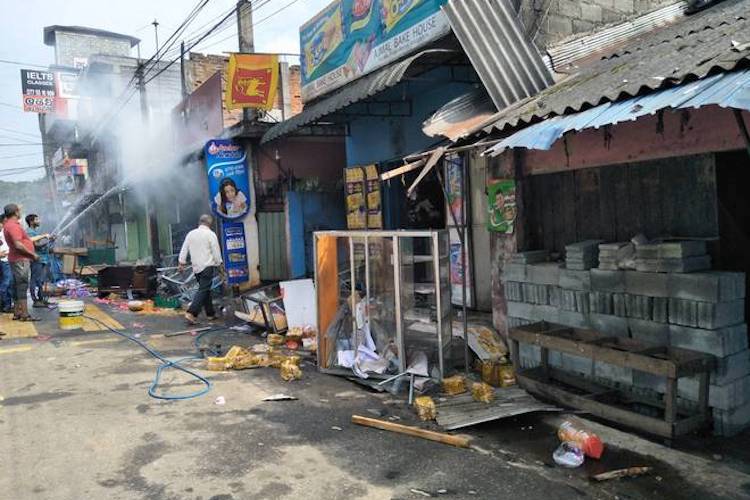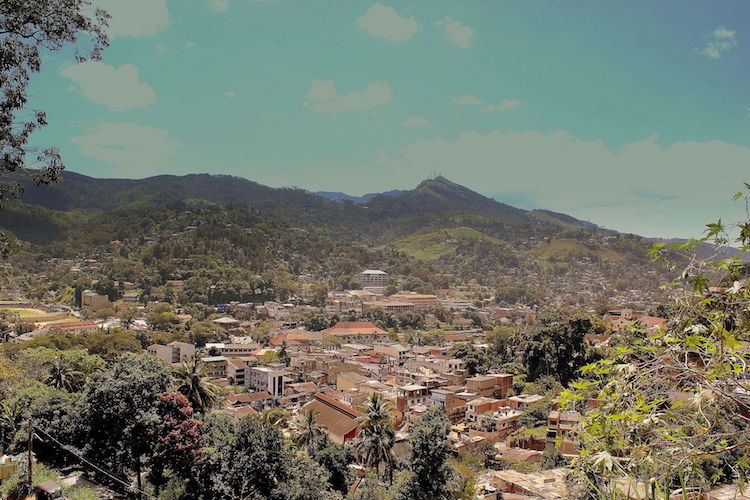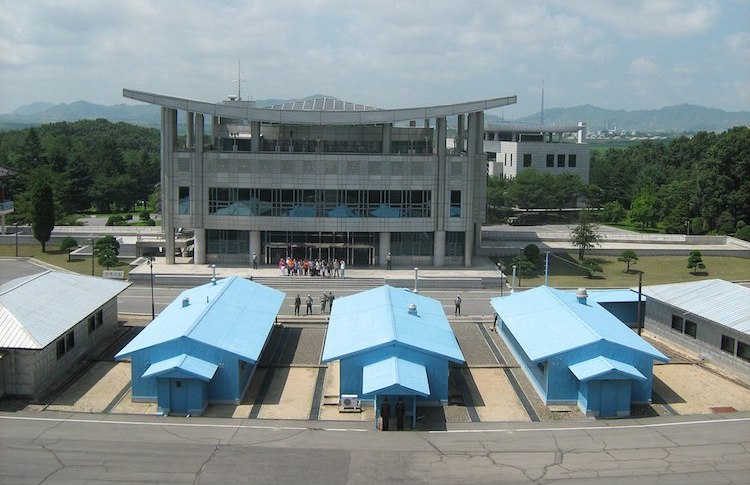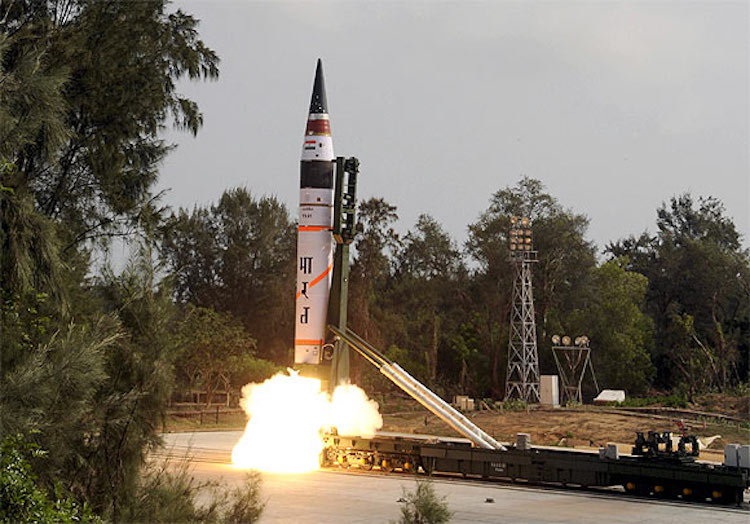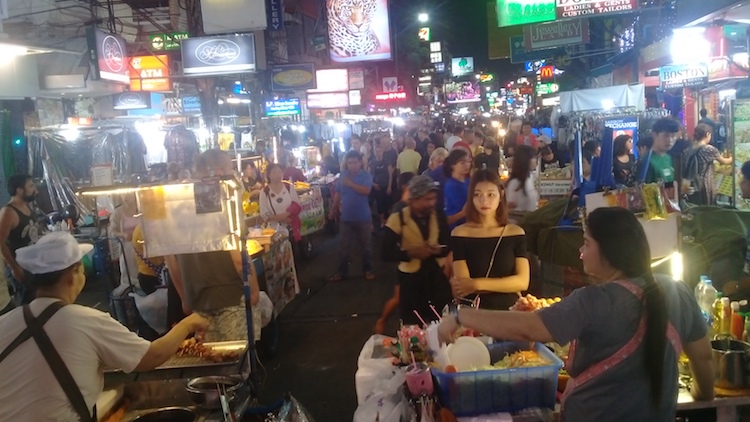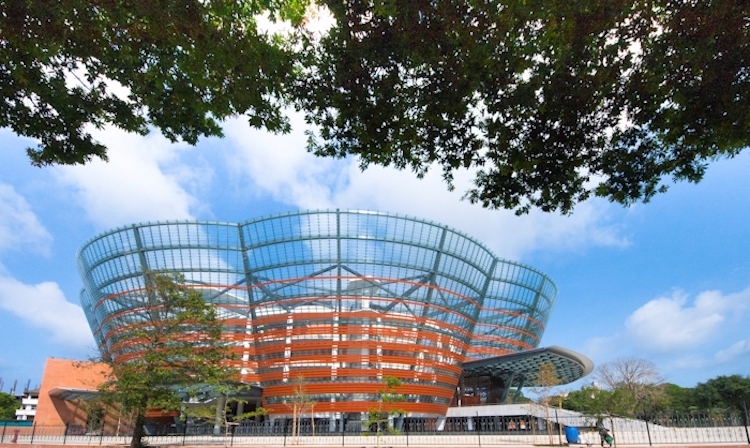By Shanta Roy NEW YORK (IDN) – A group of Sri Lankan academics teaching in educational institutions abroad – and numbering about 50 – has written to condemn ongoing violence against Sri Lanka’s Muslim community, especially the “brutal attacks” perpetrated early March. In a letter published by ‘Groundviews‘, they say: “We are outraged that the […]
Sri Lanka’s Extremists Find a New Enemy
Viewpoint by Dr Farah Mihlar* LONDON (IDN) – After fiercely quelling a three-decade armed conflict fought mainly on ethnic grounds, majoritarian politics in Sri Lanka has found a new enemy – the country’s nine percent Muslim community. In the worst outbreak of violence against Muslims in recent years, Sinhalese-Buddhist mobs were on the rampage earller […]
The Timing of ‘Communal’ Violence in Sri Lanka Raises Questions
By Kalinga Seneviratne This article is the 21st in a series of joint productions of Lotus News Features and IDN-InDepthNews, flagship of the International Press Syndicate. BANGKOK (IDN) – The damage has already been done. Buddhists are accused of Islamaphobic communal attacks in Sri Lanka and tourists are cancelling their trips to the country as the international media […]
Mixed Reactions To Inter-Korean Accord
By Yonhap News Agency This report was carried by the South Korean news agency on March 6 (local time: 23.38) and is being reproduced to give a glimpse into how the current development on the Korean peninsula is viewed in the Republic of Korea. – The Editor SEOUL (IDN-INPS) – South Korean political parties on […]
Nuclear Deterrence Policy Gathering Steam in India
By Sudha Ramachandran BANGALORE (IDN) – “Though India is a reluctant nuclear power, nuclear deterrence will continue to play a crucial role in India’s national security strategy over the next few decades,” says Brigadier Gurmeet Kanwal, Distinguished Fellow at India’s Institute for Defence Studies and Analyses (IDSA). In his recent book ‘Sharpening the Arsenal: India’s […]
Patchy Progress on Fighting Corruption across Asia-Pacific
By Sean Buchanan This is the third in a series of reports highlighting salient aspects of Transparency International‘s latest analysis on challenges posed by corruption around the world as well as successes and failures of efforts targeting a scourge that eats into the vitals of human rights. – The Editor. LONDON (IDN) – When it comes […]
Australians Mobilise to Stop Indian Coal Project
By Kalinga Seneviratne SYDNEY (IDN) – A peoples’ movement is gathering steam across Australia to stop a project by an Indian company to establish Australia’s biggest ever coal mining project that is supposed to create 10,000 jobs in a remote region of northern Queensland. The protest movement – which distrusts politicians – argues that Australia […]
South Korea Urged to Keep Increasing Development Aid
By Tae Han Goo SEOUL (IDN) – South Korea, often cited as a leading example of how sound economic policies can drive growth and development, blazing a trail from poverty to advanced industrialisation throughout the 1970s and 1980s, will have a greater impact on international development cooperation if it manages to produce a clear plan […]
Sustainable Livelihoods Behind Street Vending in Thailand
By Kalinga Seneviratne KHAOSAN, Bangkok (IDN) – When people talk about sustainable development there is rarely any mention of the many street vendors who make a living on streets in Thailand, as across the rest of Asia. Even attempts to stop them doing business – like the unsuccessful year-long attempt by the governor of Bangkok […]
Challenges and Opportunities Sri Lanka-China Relations Face
By H.M.G.S. Palihakkara Hewa Matara Gamage Siripala Palihakkara is former Governor of the Northern Province, one of the nine provinces, of Sri Lanka and former Foreign Secretary. Following are extracts from a foreword to the collection of essays by academics on Sri Lanka-China Relations ‘The Island of the Lion and the Land of the Dragon’, […]

